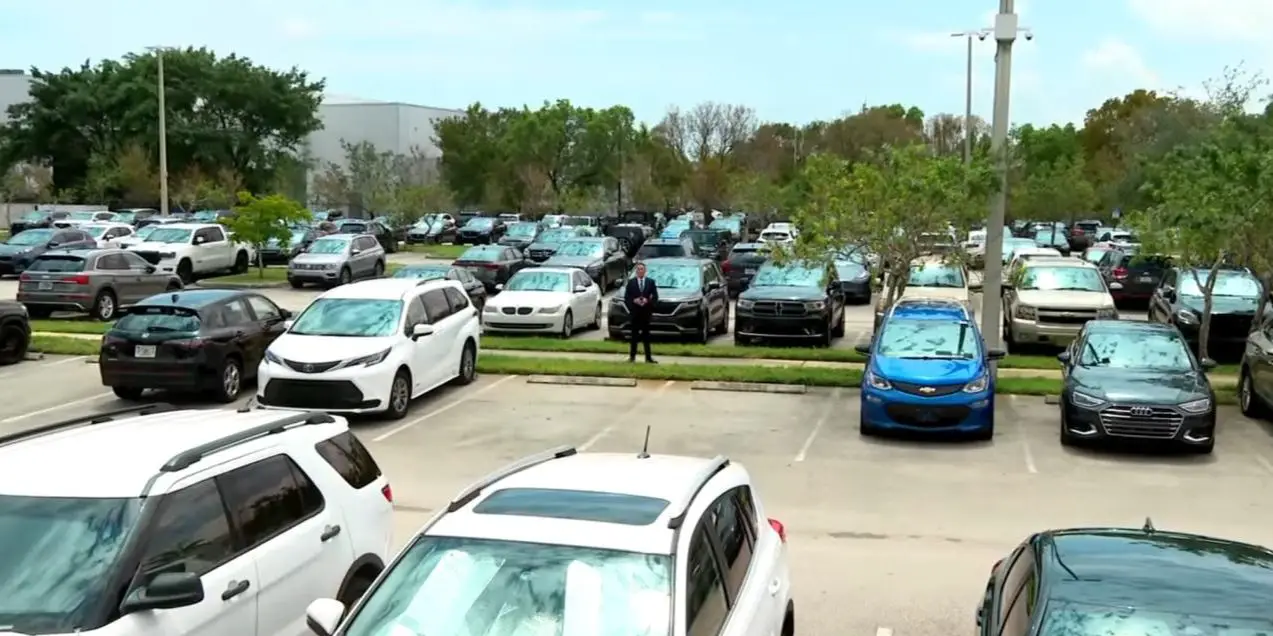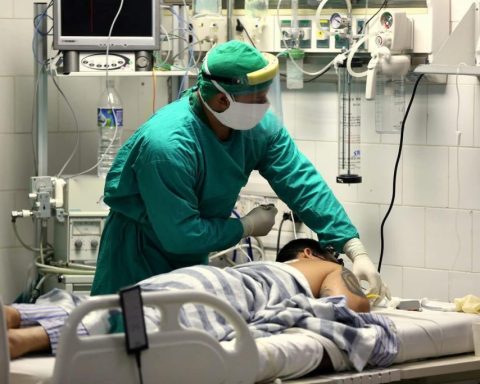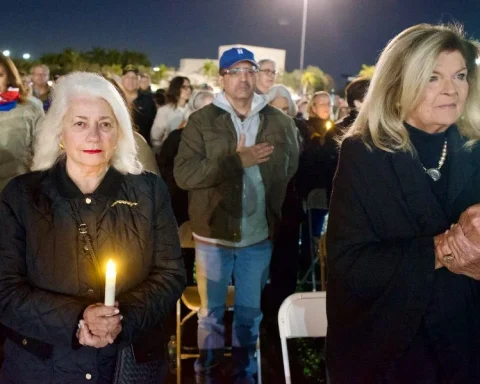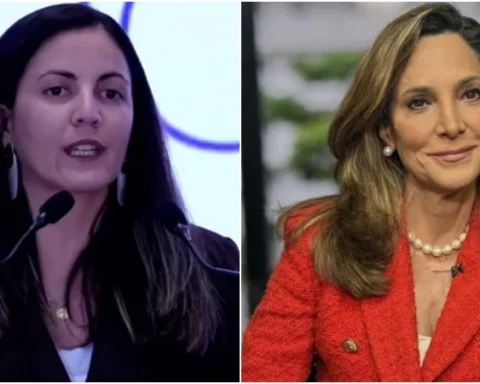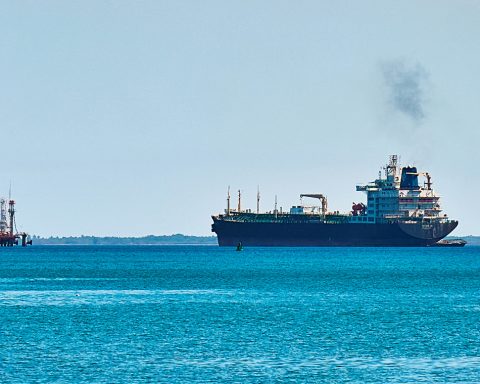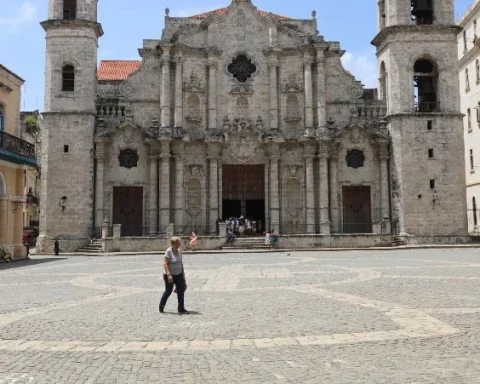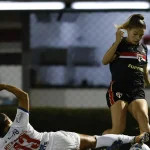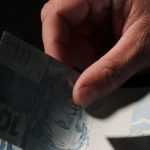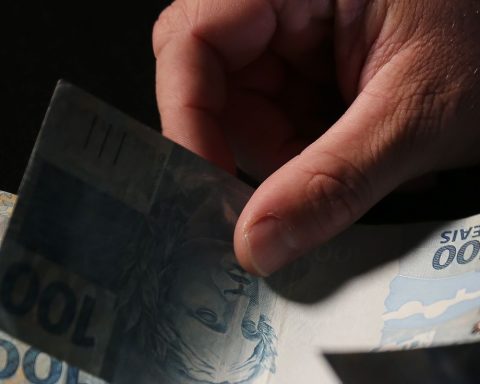Havana Cuba. – “I am selling the car and a house, I put some money on top and I import two new cars as MSME, I am selling one of them on the left but already with the papers arranged, all legal. I left the other car there waiting for the license to expire [de la Oficina de Control de Activos Extranjeros del Departamento del Tesoro, OFAC, por sus siglas en inglés] and then the cars go up again and get even hotter. Not only do I recover the car, the house and the money I put in, but I have much more left over than I invested”.
This is how someone I recently spoke to describes their highly speculative “business strategy” —as a result of the OFAC license for the importation of cars to Cuba—, and it is that the announcement has not only aroused the interest of Cubans but, knowing how limited the license is, as well as the couple of companies approved in the United States for the transfer and commercialization of the cars, plus the restrictions imposed in Cuba as to who are the ones who have the right to acquire them, the ruse has great possibilities of working in the future as the newest “invention” (illegal business) of some Cubans, residents or not on the Island, but the majority are doing well ” connected” in one way or another, with the “system”, or even with the mechanisms that feed the regime.
And it is that some “smart guys”, both in Miami and in Havana, have already made their calculations and not only know that the 10 million dollar limit, recently approved by OFAC, would barely be enough for an exceptional purchase that is around half a thousand cars, a small number (so you have to hurry to classify as a buyer) given a high demand among the “private” and state-owned MSMEs themselves, which will surprise some naive people, as long as the new measure could end (and also begin) favoring an elite well-attached to political power in Cuba that could have found in this relaxation of OFAC the opportunity to import a greater number of cars at better prices than previously imported by other means, at a much higher cost.
There are few cars that will arrive, of course, but even so there will be many more and of better quality than those imported in previous times, which although some were sold —very few— on the street at very high prices (to the occasional “pot”, to the occasional musician), most of them were left in the hands of “daddy’s children” for their “personal satisfaction”.
Now there will be more cars, yes, but only for a limited time until the $10 million is gone, and that will happen tomorrow, so very soon the demand will explode the prices. More so when the owners of MSMEs who, with all malicious intent, were not lucky in this “unique” opportunity will pay a little more for a transfer, or to win at the auction. And thus, although in a stupid way, the speculative race among the “new rich” that our misery has given birth to will begin.
It has always been like this and this time, with or without an OFAC license, ordinary Cubans will not see any change, and the cars that are legally acquired, as well as those that, sold in the “informal market”, manage to be saved. If they are seized due to an illegitimate act of sale while in Cuba, they will do so precisely because this new system has been designed on the usual model, that is, so that some privileged people violate it, or rather, so that the old yesterday’s business goes to the next level where it will now yield higher dividends (and in an apparently more legal way).
Not surprisingly, the first two companies benefited from the OFAC license (Apacargo Express, as well as the “dragon with a thousand heads” by Hugo Cancio), are precisely the two whose owners do not hide to display their strong and sustained ties with the Cuban Government and its main figures, despite the fact that their companies have been successful and will continue to be as long as the embargo remains in place, because if should the United States ever decide to eliminate it, they would both be in a big bind.
This is the great paradox (and our great source of suspicion) of a relationship between the regime and these businesses that live off the embargo, as well as the fundamental key to understanding what this new “opening” could consist of, this new path in the the Cuba-United States route, and which is therefore so attractive to the “smart guys” of the “system,” to those same ones who are still unaware of the crisis or, rather, who derive juicy benefits from it the deeper they are .
And that “opportunity” that was born from the “paradox” is only a small detail of the dark reality that some of the tens of thousands of MSMEs hide, many of them born yesterday from the division and distribution of other companies, some state, and that appear —every day in a more evident way— the “business mask” of natural persons who have indeed found out, from very good “sources”, what this game is about.
That only MSMEs have the right to import a car under this new OFAC license, and that Cuban laws prohibit the sale or transfer of these to a natural person is not an impediment to a good part of what is imported ending up being erroneously resold in the called “informal market” (given the circumstances), much less when it is enough to easily create any fictitious micro-enterprise to obtain the benefits.
And whoever thinks that it is impossible to do something like this in Cuba, it would be enough for me to remind them how easy it was for a simple official of the National Bank to sell part of the national debt without making too much noise (or at least that’s what the “official version” says). So the “new business” will make fun of everyone in front of our noses, because it is not the first time that the regime has done it, nor the first time that we have allowed it to the “smart guys” who, in the end, have a “license” to do it, that is, to kill.
OPINION ARTICLE
The opinions expressed in this article are the sole responsibility of the person who issues them and do not necessarily represent the opinion of CubaNet.
